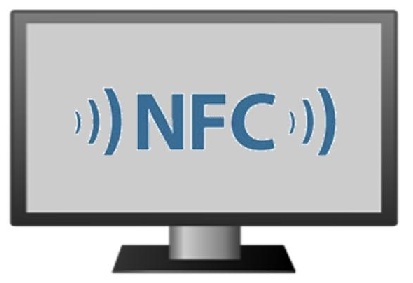 Investors show caution in light of lackluster results in mobile space
Investors show caution in light of lackluster results in mobile space
Once upon a time, Silicon Valley investors had been all too eager to dump money into any online start-up or mobile company that showed some semblance of promise. Now, however, these investors are being increasingly stingy with their money, and for good reason. Investors lost a great deal of hope in the online and mobile sectors due to Facebook’s lackluster stock results when the company went public. The decline of Groupon and the Zynga’s fall from grace have not done much to placate the concerns of investors.
Online and mobile start-ups losing favor with investors
Investors seem to have taken note of the large number of online and mobile start-ups that fail to deliver on their ambitious promises. Investors had been eager to invest in promising ventures because of a desire to not miss the next big thing, especially in the mobile space. These ventures, some of which were launched several years ago, were able to capture the support of investors, but those that remain active have yet to produce any kind of return to these investors.
Study shows more than 1,000 ventures will lose funding this year
CB Insights, a market research firm, recently analyzed some 4,000 start-up e-commerce ventures that were launched and received funding from investors in 2009. The firm discovered that over 1,000 of these start-ups would not be receiving any further funding from their investors this year. The firm notes that approximately $1 billion in angel investments will disappear from this particular sector this year, as investors become much more cautious of the online and mobile ventures they choose to support.
E-commerce platforms likely to see significant hit this year
Internet start-ups are expected to face a problematic year in terms of investments. E-commerce businesses that have not already established themselves are likely to crumble as they see the funding they heavily rely upon disappear. Such ventures require significant investments in order to reach consumers. Without these investments, e-commerce platforms are little more than dysfunctional websites with dysfunctional services.

 Many companies are adopting this close range connectivity tech for new and surprising reasons.
Many companies are adopting this close range connectivity tech for new and surprising reasons.